Crop protection
Forage: How to get great yields no matter the weather
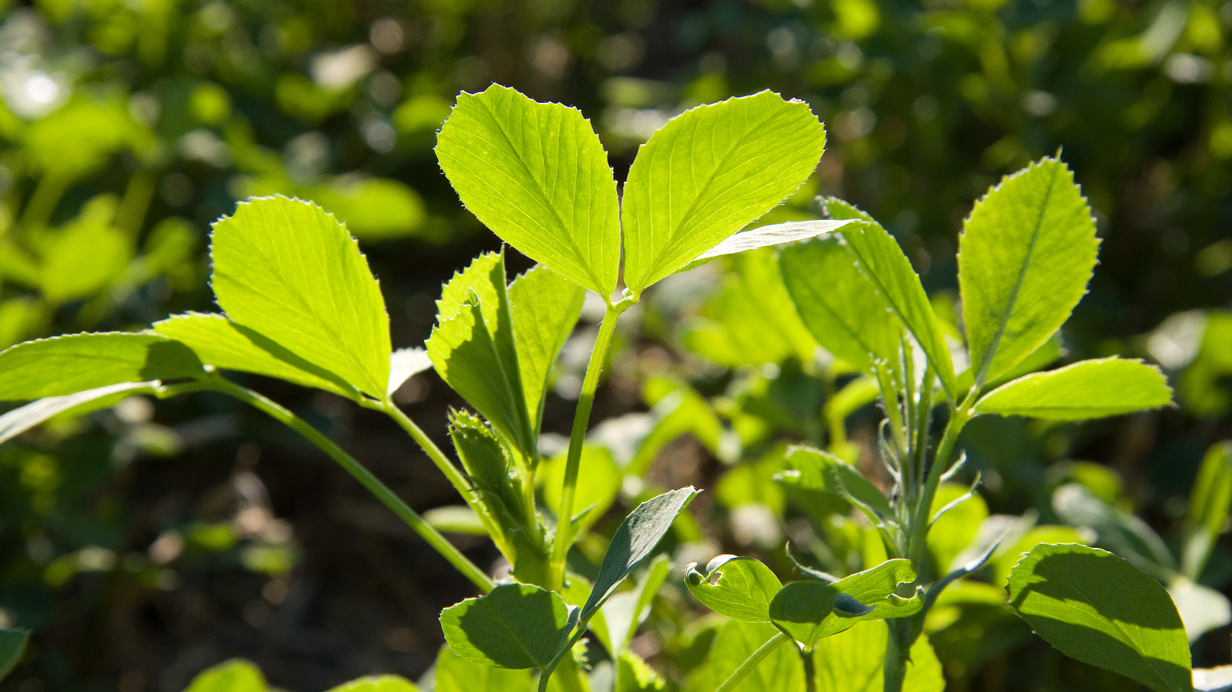
Weather conditions in recent years have made life tough for forage plants. Many farmers have had to completely change the way they do things. Some manage to continually improve their operation year after year, no matter the weather. Winter is a great time to ask questions, get informed and make a plan for more resilient forage systems on your farm. Here are a few ways you can get started.
Eight ways to control weeds
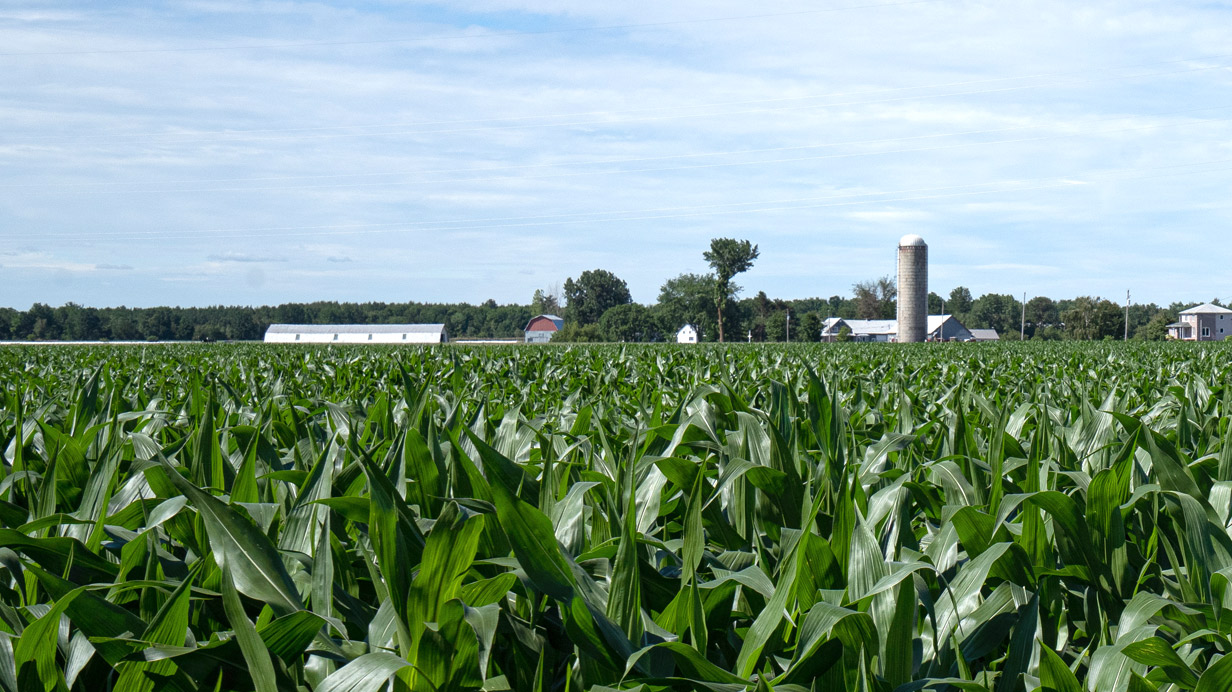
Some weeds are tough. They are spontaneous, adaptive, colonizing, and invasive. However, they can be controlled or at least minimized by changing some farming practices.
The latest report shows that there are 14 resistant species in Québec. Nearly one in two samples tested in the province since 2011 showed at least one form of resistance. Common ragweed accounts for 47% of the confirmed resistance cases, with the remainder mostly made up of redroot pigweed, roughfruit amaranth, and volunteer canola.
How to deal with wireworms
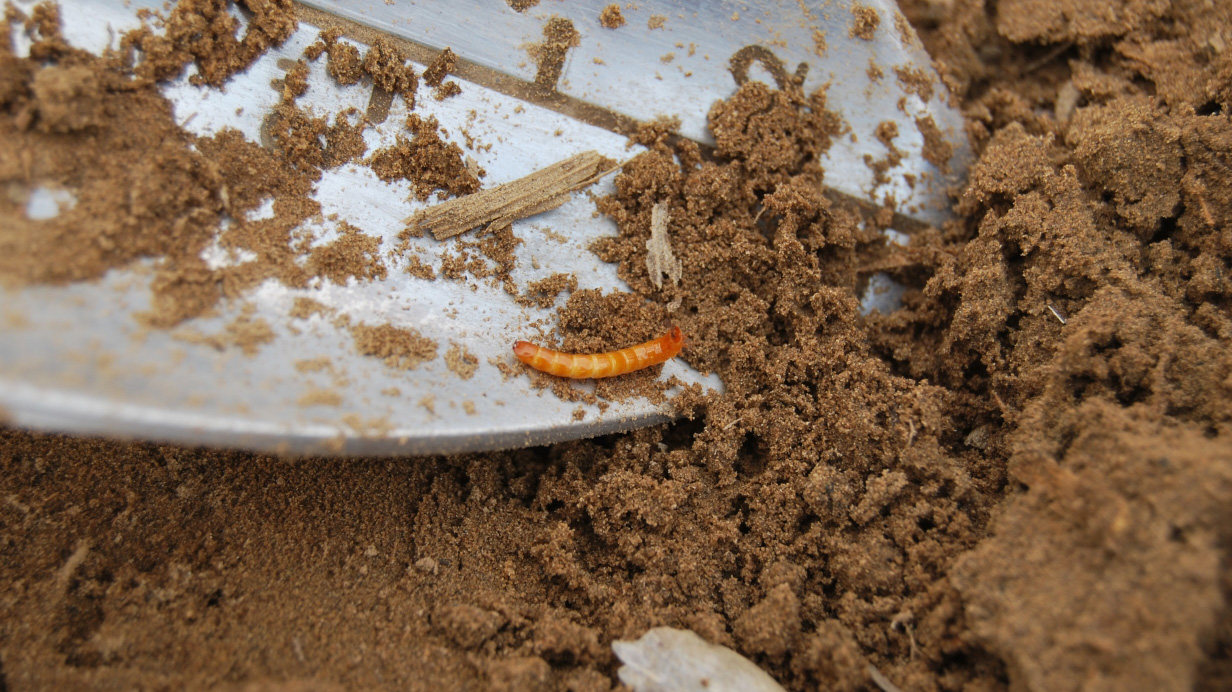
Until recently, most of the seeds used in Québec were coated with an insecticide. But the trend is reversing, and an integrated approach is now used that includes scouting and probability models for infestation and crop damage. This means more intelligence and less chemicals, benefiting both farmers and the environment.
Analyze and plan your crops with AgConnexion
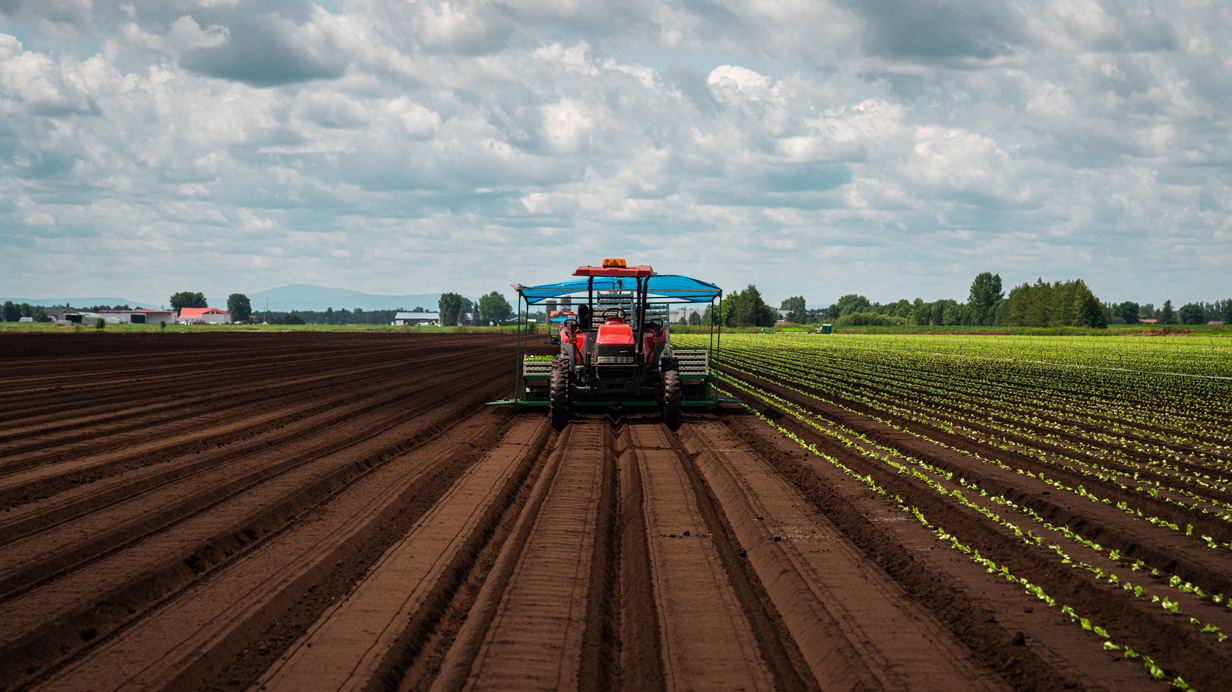
The AgConnexion digital platform is an essential tool that helps farmers analyze the data collected in a given growing season. With this analysis, farmers can better plan for their next season and make the right decisions at the right time.
First, it is important to take the time to transfer your data from your GPS data sensor to the AgConnexion | SmartFarm module so that you can conduct the analysis.
Three technologies for controlling tough weeds
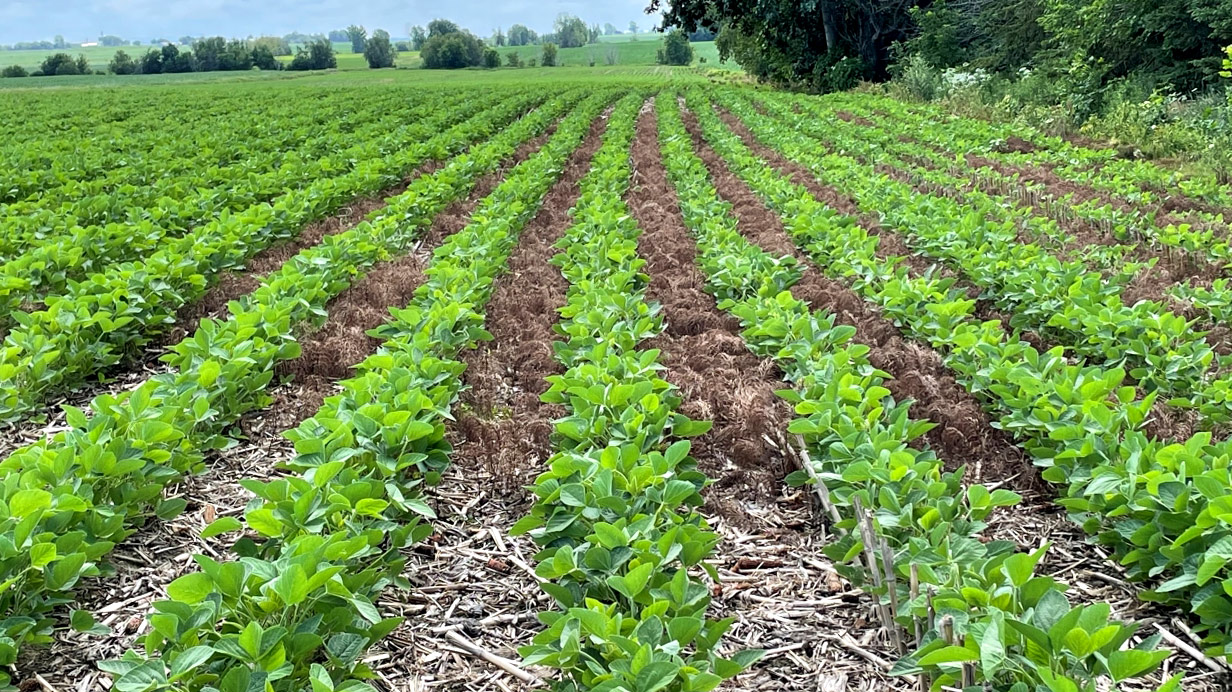
Genetic engineering has made it possible to introduce different technologies into soybean cultivars to manage complex weed control situations.
In our era of sustainable agriculture and climate change, the increase in areas under direct seeding and reduced tillage with dethatchers has led to some weeds becoming more established in the field.
Integrated pest management: sterilized pink onion flies in onion crops
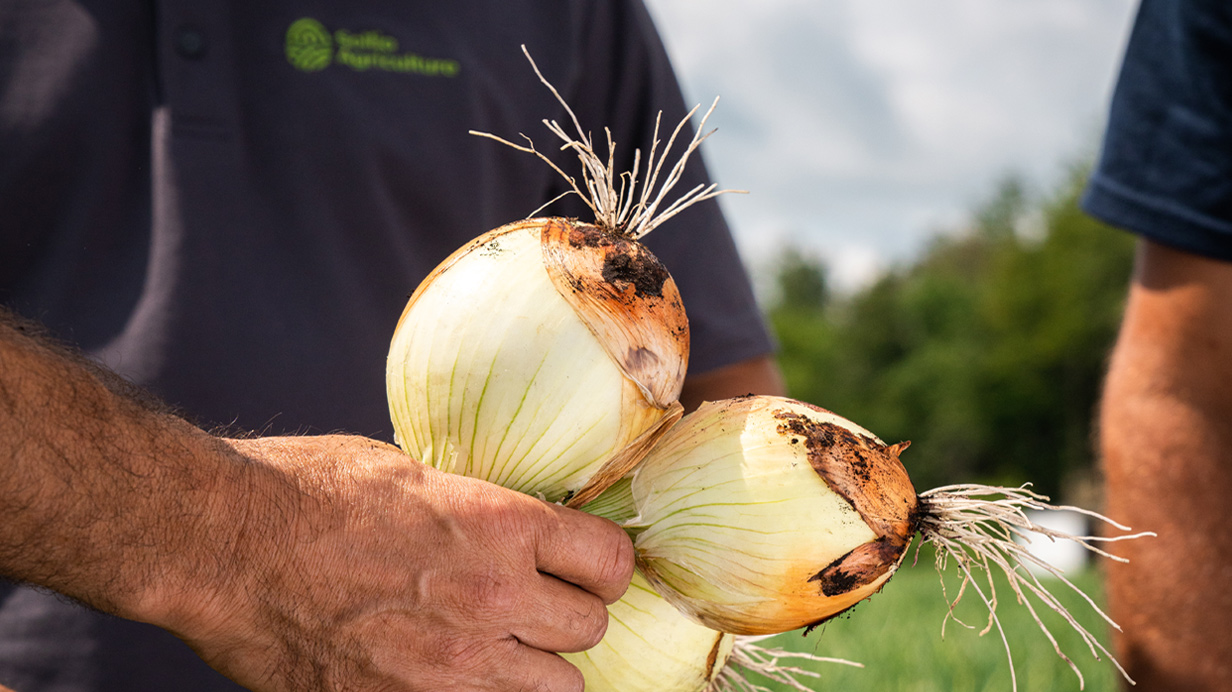
Ten years after they were first introduced on a large scale in onion fields in Montérégie, sterilized pink onion flies have successfully replaced a controversial insecticide, while generating a dramatic reduction in the natural populations of onion maggots (Delia antiqua), the main onion pest in Canada.
The sterile insect technique (SIT) works in a surprisingly simple and ingenious way. It essentially uses one pest to combat another. To do so, onion flies that are factory reared and sterilized through irradiation ahead of time are released into fields.
